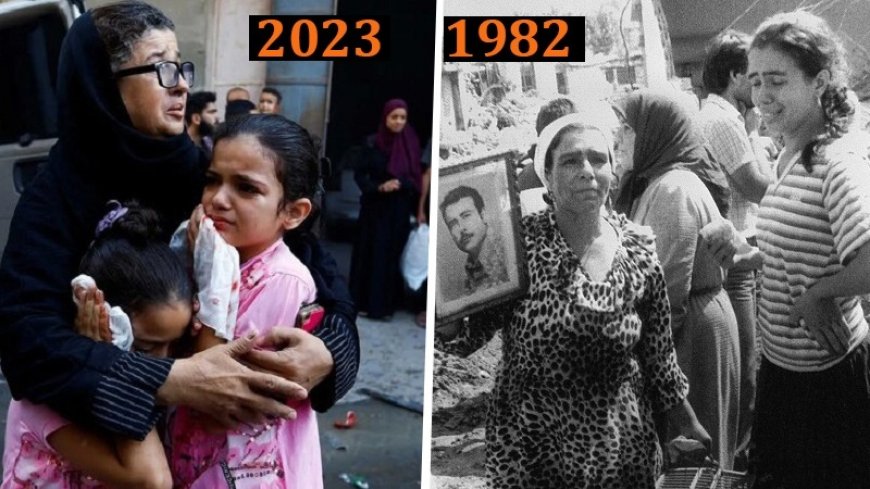Years of Conflict: Clarifying the Origins of October 7 and the Western Reaction
October 7, 2023's events signaled yet another chapter in a protracted, agonizing history of conflict between Israel and Palestine. For many Palestinians, this escalation marked the end of over seven decades of displacement, brutality, and resistance rather than as a solitary act of war. Particularly with regard to its support of Israel, the West's involvement in this conflict has come under examination and calls historical background and the actual effects of such support into doubt.

October 7, 2023's events signaled yet another chapter in a protracted, agonizing history of conflict between Israel and Palestine. For many Palestinians, this escalation marked the end of over seven decades of displacement, brutality, and resistance rather than as a solitary act of war. Particularly with regard to its support of Israel, the West's involvement in this conflict has come under examination and calls historical background and the actual effects of such support into doubt.
Israel has progressively increased its hold over Palestinian territory since its founding in 1948. Mostly for the advantage of Jewish immigrants, it has seized control of important water supplies and acquired more than 60% of Palestinian territory over years. Particularly Gaza has been under ongoing battle. Israel formally withdrew its military presence from Gaza in 2005, but the area is still tightly under lockdown, which many detractors see as collective punishment. The strip, home to over two million Palestinians, has often been characterized to as a "open-air prison" due to the extreme limitations on mobility and supplies.
Massacules and Historical Violence
The origins of today's conflict can be traced back to the late 1940s. In the wake of Israel’s inception, hundreds of thousands of Palestinians were evacuated from their homes in what became known as the Nakba, or "catastrophe." This huge displacement established the stage for decades of instability, including Israel’s first military incursions into Gaza in 1951. During one of these early attacks, Israeli forces killed scores of Palestinians and Egyptians, damaged homes, and wrecked wells in an attempt to block the return of displaced Palestinians.
International observers at the time criticized these actions as "premeditated massacres." Yet, in the years that followed, the violence continued across the region. Notable occurrences include the 1953 massacre in the Burij refugee camp, where Israeli soldiers killed over 20 Palestinians by bombing homes, and the infamous attack on the West Bank town of Kibia, which resulted in 70 civilian deaths. Even pro-Israel media like the National Jewish Post made analogies to Nazi atrocities during World War II.
The cycle of violence escalated again in the 1956 Khan Younis massacre, where Israeli forces massacred between 300 and 500 Palestinians, many of whom were civilians. This pattern of carnage persisted for decades, with massive military operations targeting Palestinian territories throughout the 1960s, 1970s, and beyond.
The Role of the West
Throughout these decades of struggle, Israel has enjoyed steady support from Western countries, primarily the United States, the European Union, and the United Kingdom. The language of Israel's "right to self-defense" has often been used to justify military actions, even when those actions result in the murder of people and widespread destruction. This was obvious during a large Israeli assault on Gaza in August 2022, when 49 Palestinians, including 17 children, were killed in airstrikes over the period of three days. Despite worldwide concern over the civilian death toll, the U.S. and EU stood backed Israel, emphasizing its right to protect itself.
Critics claim that this blanket support has emboldened Israel, allowing it to continue its military actions with no risk of major repercussions. According to reports, such as those from Middle East Eye (MEE), the U.S. and European countries have regularly backed Israel's wars, often neglecting the human rights atrocities committed against Palestinians in the process.













































